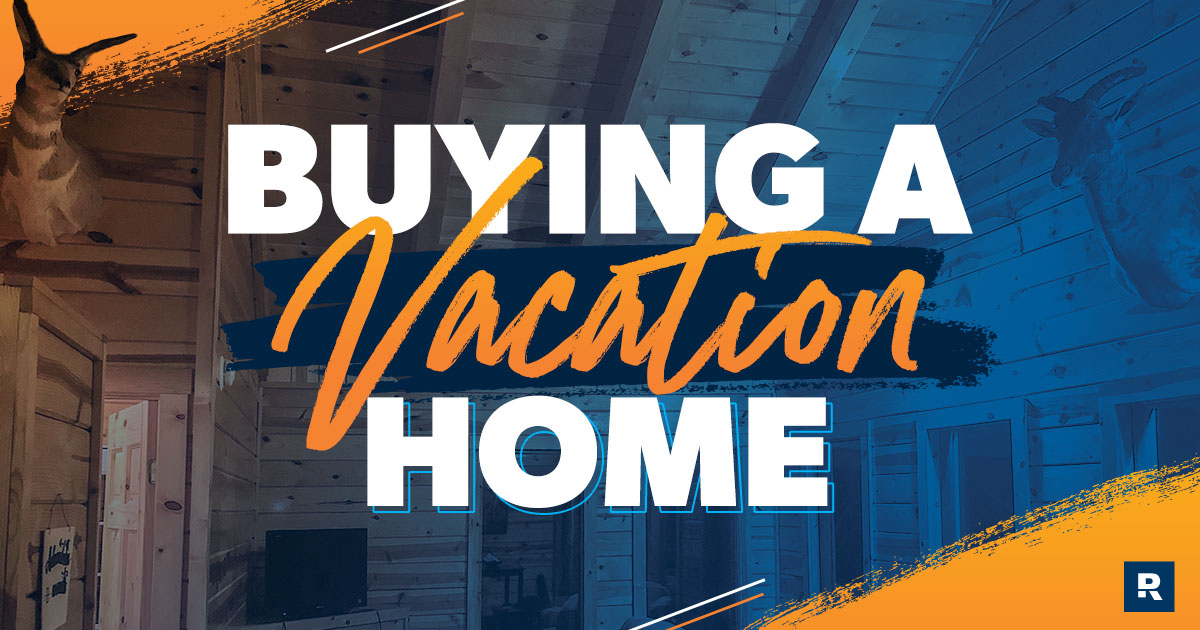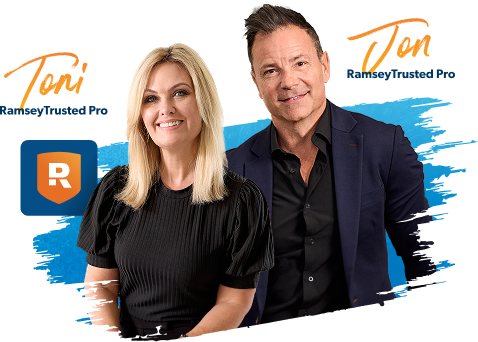How Can I Afford a Vacation Home?
5 Min Read | Mar 26, 2025

You just returned from an awesome family beach vacation, and now you have the bright idea to buy a seaside home to keep the memories going year after year.
Before you start searching for available properties, it’s important to step back and consider some questions about owning a vacation home. You might discover that over time a second house turns into more responsibility than you had envisioned. With the help of a quality real estate agent, you can decide if buying a vacation home is right for you. To get started, ask yourself these three questions:
Question 1: Can I afford a vacation home?
One of the most important factors to consider when you’re thinking about buying a getaway place is your finances. We'd never advise anyone to go into debt to buy a vacation property. In fact, if you don’t have the cash to pay for a second home, don’t buy it! To determine if you’re financially ready to take on an extra house, consider these questions:
- Can I pay cash for the vacation home?
- Is my primary residence already paid for?
- Am I saving 15% of my income for retirement?
- Do I have a three-to-six-month emergency fund in place?
- Am I saving for my kids’ college?
If you can answer yes to these questions, you might be ready for a vacation home. Keep in mind, every situation is different, so only you can determine if taking on a second home is a wise financial move or not.
Remember, it’s never a good idea to take out a mortgage or use your retirement savings to pay for a second home. Take Tom and Linda, for example. They’re a 50-year-old couple who have a paid-for home worth $180,000. They have an emergency fund in place, and they are saving 15% of their income for retirement.
They’ve fallen in love with the idea of owning a lake house and have found a $200,000 waterfront property near their grandkids. They don’t want to sell their primary residence and don’t have the cash to buy the lake property. Tom and Linda are thinking about cashing out a $200,000 401(k), their only retirement savings, to pay for the vacation home.
This would be a terrible way to pay for a vacation home, and here’s why:
- If you’re younger than 59 1/2, you’ll take a 10% early withdrawal penalty hit.
- You’ll owe taxes to the IRS. In many cases, your plan administrator will withhold 20% and send it directly to the IRS.
- You’ll pay state taxes, if they apply.
- You’ll lose the long-term benefit of compound interest. Try our compound interest calculator that will do the calculations for you!

If Tom and Linda were to cash out a $200,000 401(k), they’d likely only receive up to $140,000 because of penalties and taxes. Worse yet, their retirement money is gone, along with the potential growth. If Tom and Linda were to leave the money alone from age 50 to 65, they’d have around $830,000—even if they never contributed another dime! No vacation home is worth losing hundreds of thousands of dollars of retirement savings!
Buy or Sell Your Home This Spring With Confidence
Now is a great time to buy or sell your home. Get ahead of the competition with help from a pro who’ll fight for you to get the best deal.
Question 2: Can I afford the ongoing expenses of maintaining a vacation home?
Roofs leak and appliances break. Are you ready to take on the added expense of maintaining a second home? A general rule of thumb is to set aside 1–2% of your home’s purchase price for maintenance and repairs. So, if your second home is valued at $200,000, you’ll need to set aside $2,000–4,000 each year for upkeep. You’ll also have to account for annual property taxes, as well as neighborhood homeowner’s association fees (HOA) if they apply. Here are other expenses you’ll need to cover:
- Homeowner’s insurance. A waterfront property will likely be more expensive than your primary residence when it comes to insurance. Most coastal states require flood insurance, especially in areas that are prone to hurricanes. Prices will vary from state to state, so ask your insurance agent to provide an estimated cost for the area you’re interested in.
- Property management. If you’re going to visit your vacation home only a few times each year, you should consider hiring a property management company to coordinate maintenance jobs. This is an added cost, but it will save you the stress of worrying about your home when you’re not there.
- Ongoing bills. You’ll pay for utilities, internet/cable and trash collection just as you do at your primary residence. Be sure to budget those items as ongoing expenses.
Want More Expert Real Estate Advice?
Sign up for our newsletter! It’s packed with practical tips to help you tackle the housing market and buy or sell your home with confidence—delivered straight to your inbox twice a month!
Question 3: Should I rent instead of buy?
Don’t rush into the decision to buy a vacation home. If you’re serious about owning a second house, try renting in the same area you want to buy. Rent for several months to determine if you’re really on board with maintaining two residences. You could discover a second home is a perfect dream, or an unwelcome nightmare. But you won’t know until you have a trial run. If you’re on the fence about renting or buying, consider these pros to renting:
- Renting a house for a week or two in the summer is cheaper than buying a house you might only use a few times each year.
- Renting is a short-term commitment. Buying a second home requires an ongoing investment of time and money.
- Renting gives you the freedom to choose different vacation destinations every year. Buying might lock you into the same area for years to come.
Talk to a Pro
Buying a vacation home is a personal decision only you can make. If the pros outweigh the cons, then reach out to someone you trust to help you find your second home. Connect with a RamseyTrusted® real estate agent. They have a track record of success and are superstars when it comes to serving their clients.
Find expert agents to help you buy your home.





